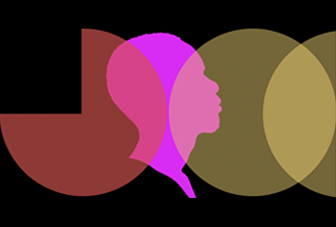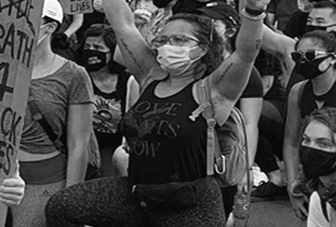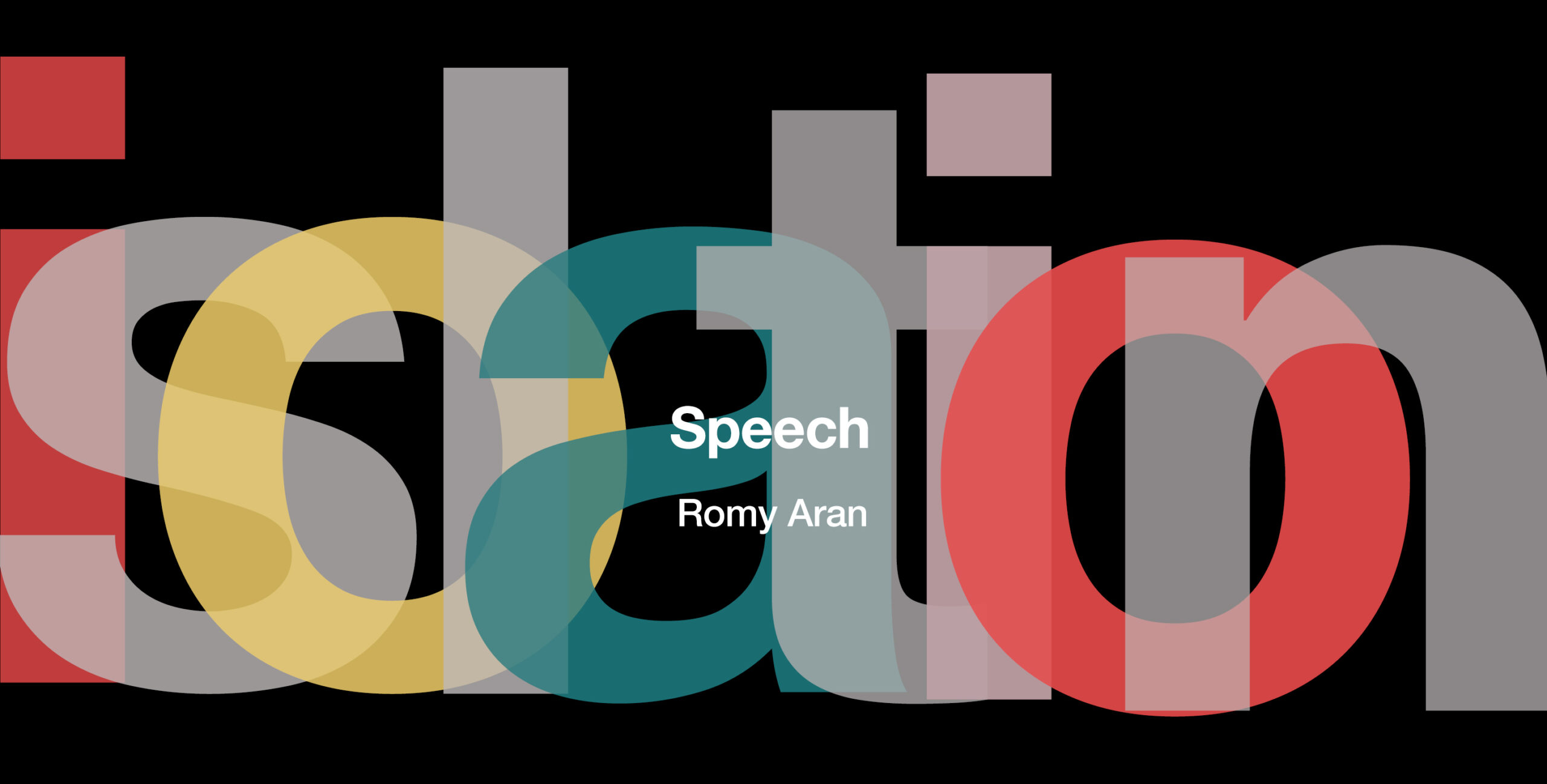
If asked, many years from now, to recount what the feeling of being in a pandemic is like, I will answer that that feeling is ‘isolation’. Isolation from life’s ambitions and joys. Isolation from nature. Isolation from the passing stranger. Isolation from optimism and isolation from accountability. But upon reflection, I realize that the isolation so many of us feel has been encountered before, by some who are still with us today and who have endured hardships so catastrophic that their aftereffects threaten democracies around the world. The unrest, fear, and pain which is the legacy of the Nazi regime’s influence on Europe was amplified, and remains so deeply penetrated in the hearts of many, due largely to their masterful use of isolation to put into practice their ideology of hate, largely without hindrance. This was accomplished by means of blatant threats to government officials, displays of terror, and propaganda meant to smudge the boundary between truth and falsehood, among others. With their neighbors suddenly plunged into a panic to remain safe by whatever means necessary or perhaps converted by fear into a disciple of the threat itself, millions found themselves trapped, and could not rely on the help of others. My family is among those who suffered devastation as a result of that isolation, so the scale of this issue rings especially clearly to my ear. In our century, and the decades preceding it, isolation has taken on new faces, but it hasn’t lost its place as a weapon of mass, emotional destruction. Millions in the United States feel isolated from their government, whether they believe that their views are not represented, or they are not supported financially when all other methods have failed, or simply feel that there is no guidance in how to overcome this pandemic. When it was shouted at MAGA rallies, en masse,“America First!”, new seeds of isolation were sown. A nation cannot be “first” and among others. It is therefore not surprising to find that our democracy today is threatened by those who shout those chants, who are disconnected with the true problems we face as a world, and who are willing to wear shirts emblazoned with the name “Auschwitz”.
The threat of isolation is not a product of the pandemic. It is an aspect of society that continuously ferments under its fabric. The way forward does not directly rely on further enhancing our military capabilities, or pooling money into growing tech companies. The scrutiny which tech companies such as Facebook have been receiving over the last several months ties into their unwillingness to acknowledge the ways their products have amplified the echo chamber of isolation in our country, paving the way to the disturbing eruptions of rioting seen in the Capitol on January 6th. The way forward requires a much more subtle touch, one which will prove whether or not we are truly a nation of the people and for the people. It will require the empathy of leaders, the awareness and concern of citizens, and a vast restructuring of the mental perspective of our country’s inhabitants from one of national interests first to global understanding. This can be achieved by improving education in the sciences and mathematics, universal languages whose flourishing draws on the ancient and deep rivers of human curiosity and transcend all national barriers. But once these budding scientists enter the work-force we must not stifle their curiosities with the threat of financial instability, unnatural and unhealthy pressure to publish research, and a government who neglects to listen to their counsel. Otherwise their investments and potential will be for nothing. We can pool resources and aid into constructing our space economy, allowing humans to travel daily to low earth orbit and see with their own eyes the flooding of towns, the razing of forests, the churning of mega-storms. We must break free from mental cages which have been our inheritance from a life which simply has not caught up with our time. Beyond the clear moral flaws in such a system it is now also clearly against the interest of national security to silently endorse isolation in its many forms. And so, urged on by the memories of suffering from generations gone or fading and the. lessons learned from that pain, we are challenged to listen and be present for those feeling the neglect of isolation and enact the principles of empathy.
Other Pages

Interview with Dr. Alexandre SkibaProject type
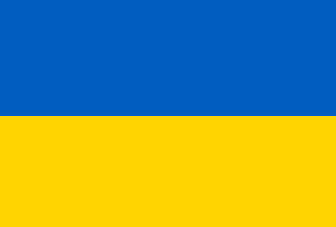
The Return Of The HistoryProject type

A Dead DreamerProject type

NothingProject type
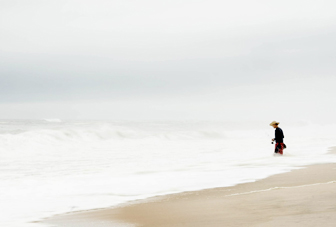
ObsessionProject type

A Person & Their TribeProject type
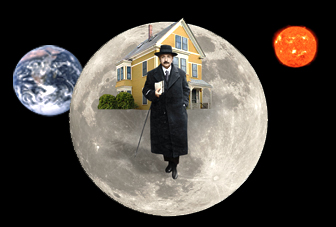
Education From a DistanceProject type
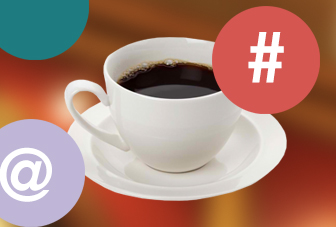
Coffee, Twitter, and RevolutionProject type

When I Turned SeventeenProject type
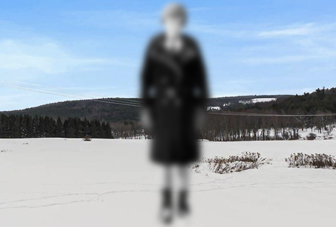
A Winter of IsolationProject type
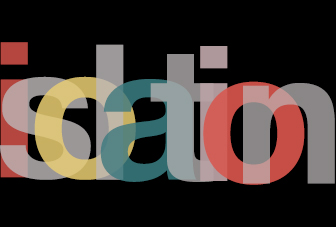
SpeechProject type

Desolation's PerseveranceProject type

CoraProject type

Hospital CookiesProject type

A Fragmentation of WordsProject type
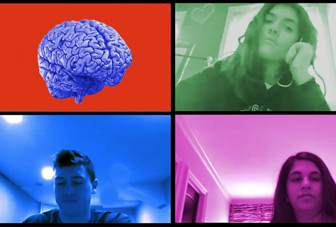
The Stress of Remote LearningProject type

Sweet SixteenProject type

WordsProject type

A Christmas CarrollProject type
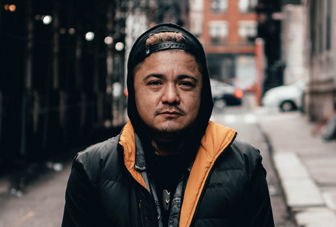
New York City 2020Project type

Qualified Immunity: Broken DownProject type
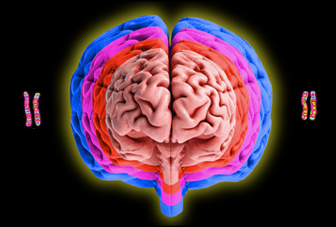
What Science Tells Us About Gender?Project type

Beyond The Bathroom StallsProject type

1 am thoughts on Trutharticle
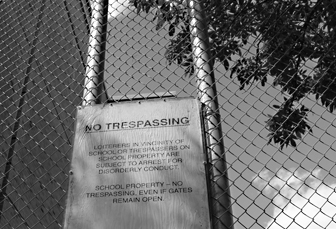
Brooklyn, NY During COVID-19Photo Gallery

AboutAbout Page

Submission InformationProject type
